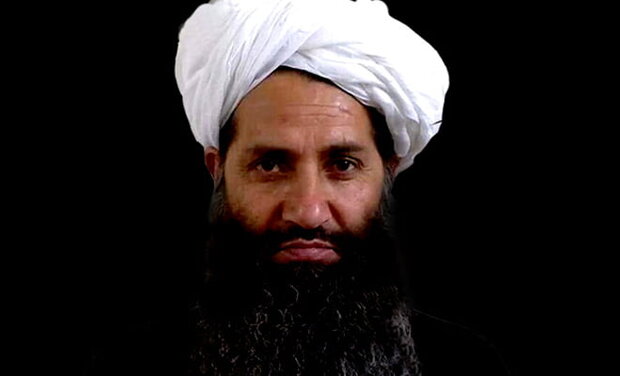RASC News Agency: The United States Institute of Peace (USIP) has reported that escalating internal divisions within the Taliban, compounded by mounting international scrutiny, have significantly undermined Mullah Haibatullah Akhundzada’s authority. In a report published on Thursday, January 30, USIP analyzed the implications of International Criminal Court (ICC) Chief Prosecutor Karim Khan’s recent call for Haibatullah’s arrest, warning that such an action could further destabilize his leadership. The institute emphasized that, in the long term, an ICC indictment could delegitimize Haibatullah’s rule and severely hinder the Taliban’s pursuit of international recognition.
The report underscores that deepening factionalism within the Taliban has eroded trust among its senior leadership, fueling tensions over the implementation of Haibatullah’s directives. Moreover, USIP noted that an arrest warrant for both Haibatullah and Abdul Hakim Haqqani, the Taliban’s chief justice, could exacerbate these internal fractures, intensifying disputes over the enforcement of their rulings. “An indictment against Haibatullah and Haqqani could exert subtle but consequential pressure on the Taliban’s leadership, potentially igniting a power struggle over succession,” the report stated.
Over the past year, growing dissent within the Taliban ranks has become increasingly evident, with several high-ranking figures openly challenging Haibatullah’s authority and rejecting his decrees. Some analysts argue that these internal rifts coupled with the specter of an ICC indictment could further complicate the Taliban’s efforts to secure global legitimacy. The United Nations Security Council (UNSC) reinforced this stance in December 2023, when it passed Resolution 2721, asserting that Afghanistan’s reintegration into the international community hinges on the Taliban’s adherence to global commitments, particularly regarding women’s rights. The issuance of an arrest warrant against Taliban leaders could compel the Security Council to reevaluate its engagement with the group.
This latest report aligns with previous analyses suggesting that intensifying internal discord has deepened mistrust among the Taliban’s senior ranks, casting further doubt on the group’s ability to maintain cohesion and control.






